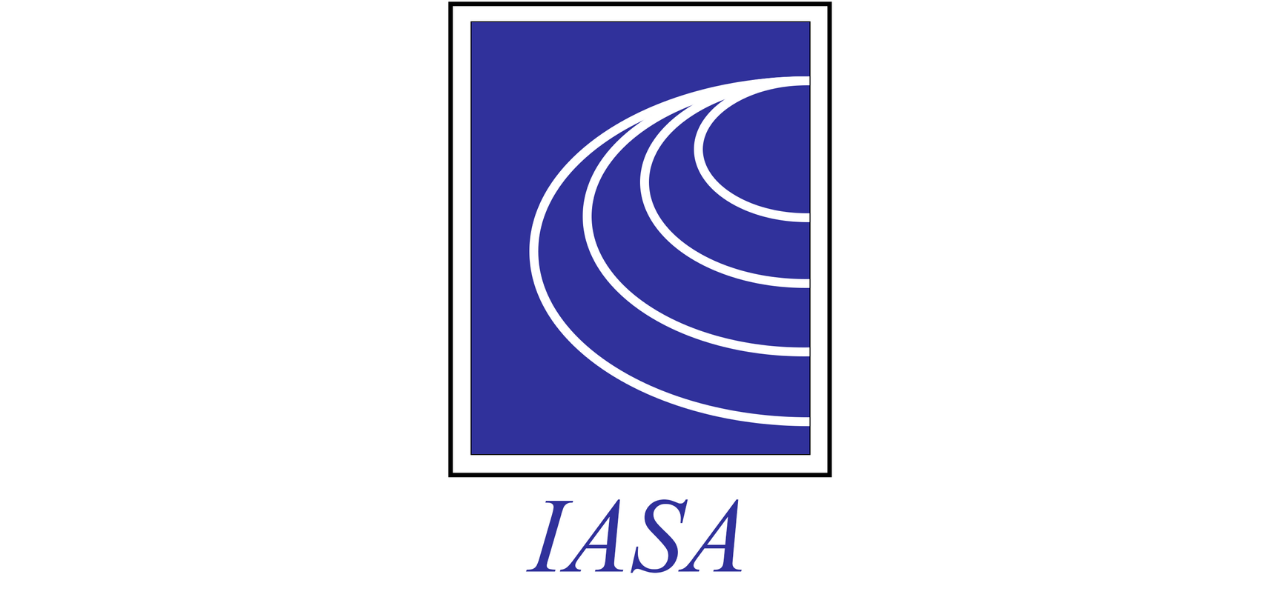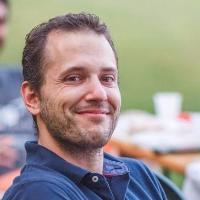Institute of Accelerating Systems and Applications (IASA)
Institution
IASA is a Greek autonomous legal entity governed by a Board of Directors elected by the governing bodies of the two main Athens Universities (National and Kapodistrian University and National Technical University). Its developmental program and its operating funds are directly provided by the Greek Ministry of Education which exercises direct financial oversight over the Institute. IASA is the largest research institute operating under the auspices of the Ministry of Education. It has assembled significant teams of faculty members from the university departments along with post-doctoral associates and PhD students. Many of these faculty members receive support for their work through both national and international funding sources.
Research expertise
The IASA outreach team offers access to scientific data collected by the ATLAS detector at CERN as well as to a series of interactive applications (e.g. HYPATIA) which help the citizens examine the event displays in an effort to make possible “discoveries” of new particle signatures produced at CERN’s LHC accelerator.
Role in REINFORCE
IASA will develop a series of Citizen Science projects in which the public will look for evidence of undiscovered particles produced by the Large Hadron Collider (LHC) and collected by the huge LHC detectors. For this, it will use its expertise in developing specialized software for displaying and analyzing ATLAS data. HYPATIA, which has been developed by the
IASA team, is used every year by thousands of high school students during the IPPOG International Masterclasses. The citizens will not only look/classify images but will be able to interact with the event displays, select specific tracks, calculate invariant masses etc. There are several particle decays, such as through photon conversions, which we believe may be more accurately identified by humans rather than algorithms. It is our intention to ascertain whether this is true for those specific cases. Furthermore, the aggregation of data from thousands of Citizen Scientists will produce histograms which can indicate the possible existence of new particles. Furthermore, the IASA group will be involved in the implementation of the demonstrator and will contribute to the assessment of the project designing tools which will automatically collect the results of the citizens’ analysis.







